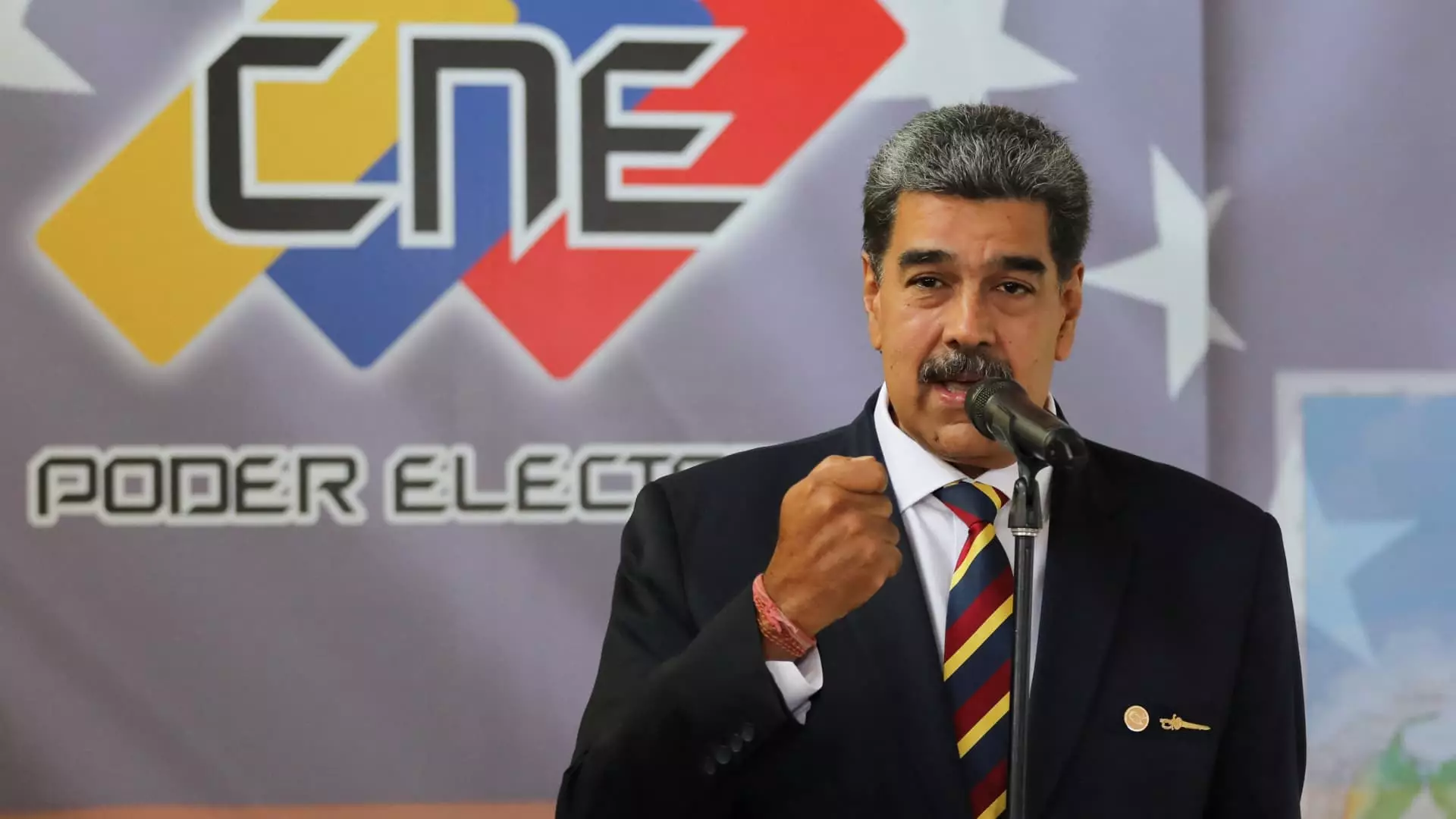Venezuelan President Nicolas Maduro recently issued a 10-day ban on a popular social networking platform, cutting off access for locals in response to a dispute with tech billionaire Elon Musk. This drastic measure was announced by Maduro in a televised speech where he accused Musk of violating the rules of the platform by inciting hatred, fascism, civil war, and death among Venezuelans. The ban, which was ordered by Venezuela’s National Commission of Telecommunications (Conatel), has resulted in restricted access to the platform for users in the country.
The platform in question, referred to as X by Maduro, was previously known as Twitter. The conflict between Maduro and Musk originated from a post where Musk called out the Venezuelan leader for election fraud, leading to a heated exchange between the two. Maduro challenged Musk to a fight, and the situation escalated further when Musk accepted the challenge. This public feud on social media only added to the tensions in Venezuela, where protests erupted following a disputed presidential election.
The 2024 presidential election in Venezuela was marred by allegations of misconduct and electoral fraud, leading to widespread protests and unrest in the country. Maduro claimed victory in the election, but his opponent, Edmundo Gonzalez Urrutia, also declared himself the winner. The official results, which declared Maduro as the winner with 51% of the vote, were met with skepticism from foreign governments, including the U.S. The U.S. government, which had previously imposed sanctions on Venezuela over election concerns, recognized Gonzalez as the legitimate winner of the disputed election.
The social media ban in Venezuela has drawn attention from the international community, with many expressing concerns about freedom of speech and access to information in the country. The actions of both Maduro and Musk have been criticized for escalating tensions and contributing to the political instability in Venezuela. The role of social media in shaping public opinion and facilitating communication during times of crisis has also been highlighted by this incident.
The ban on social media in Venezuela reflects the growing influence of digital platforms on political events and discourse. The conflict between Maduro and Musk, played out on social media, has highlighted the power dynamics at play in the digital age. As countries grapple with the impact of social media on governance and democracy, it is essential to consider the implications of restricting access to these platforms on freedom of expression and political participation. The situation in Venezuela serves as a cautionary tale of the complex relationship between technology, politics, and society.

